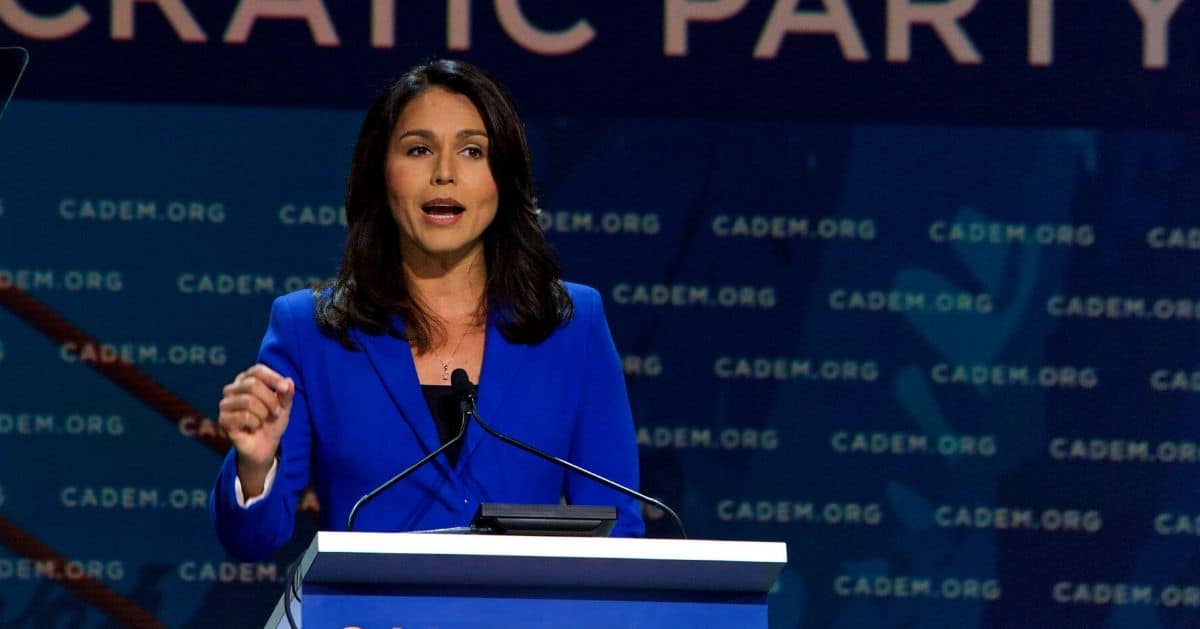






President Trump has ordered the Secret Service to provide comprehensive details about two recent assassination attempts against him, stirring discussions on national security and potential foreign influences.
The New York Post reported that following the attempts on his life, President Trump has insisted on gathering all possible information about the incidents, highlighting the use of encrypted foreign apps by one of the suspects as a concern.
On a recent Friday, President Trump issued a directive demanding the Secret Service furnish him with all available data concerning the two individuals identified as threats to his life.
The incidents have brought national attention to the potential involvement of foreign entities due to the technology linked to the suspects.
The second attempt took place in September at the Trump International Golf Club in West Palm Beach, Florida, where 59-year-old Ryan Routh was apprehended.
Routh's vehicle was found to contain six mobile phones, raising suspicions about his communication methods and intentions. His presence at the club intensified the urgency to uncover the motives behind his actions.
President Trump's response to these incidents has been assertive, emphasizing his right to information. "I'm entitled to know," he expressed, pointing to the unusual number of devices found with Routh. The presence of these phones has fueled speculation about complex networks that might have been in play.
Simultaneously, the first attempt remains under rigorous examination. Nineteen-year-old Thomas Crooks made headlines last July when he shot President Trump in the ear during a rally in Butler, Pennsylvania. The situation ended fatally for Crooks, as he was shot dead by police at the scene.
The investigation into Crooks' actions revealed that his mobile phone contained several encrypted messaging accounts, which originated from overseas locations including Belgium, New Zealand, and Germany. These findings have prompted scrutiny of his potential connections and objectives.
Former Rep. Michael Waltz, now serving as Trump's national security advisor, has been vocal about the implications of a teenager employing such advanced technological means.
During the investigation, Waltz questioned, "Why would a teenager need to use multiple encrypted foreign apps?" This inquiry underscores the broader concerns regarding cyber influences on national security.
Waltz also plays a crucial role in advising President Trump throughout the ongoing investigations. His experience as a former member of a congressional task force that previously examined assassination attempts has lent significant insight into potential threats.
President Trump has expressed dissatisfaction with the pace at which information has been shared. He has referenced previous delays, mentioning, "they held it back long enough," with a critique directed at the preceding administration for any hindrances in accessing necessary intelligence.
The focus on comprehensive transparency in these cases underscores concerns about security protocols and potential informational gaps. The use of encrypted and foreign-based applications by suspects Routh and Crooks has raised important questions about digital privacy and its intersection with national safety.
With heightened vigilance, security agencies are now tasked with expanding their scope of monitoring and investigative techniques to prevent future incidents. This directive from the President signifies a broader strategy to enhance resilience against such threats.
The involvement of multilateral encrypted communication apps has added a layer of complexity to the investigation. Security experts are parsing through data to discern whether these tools were instrumental in facilitating coordinated attacks or perhaps served another purpose entirely.
Meanwhile, President Trump has maintained a firm stance on his need to "find out about the two assassins." His administration is keen on understanding why individuals like Routh require such an array of cellphones, and why Crooks had apps with international links.



